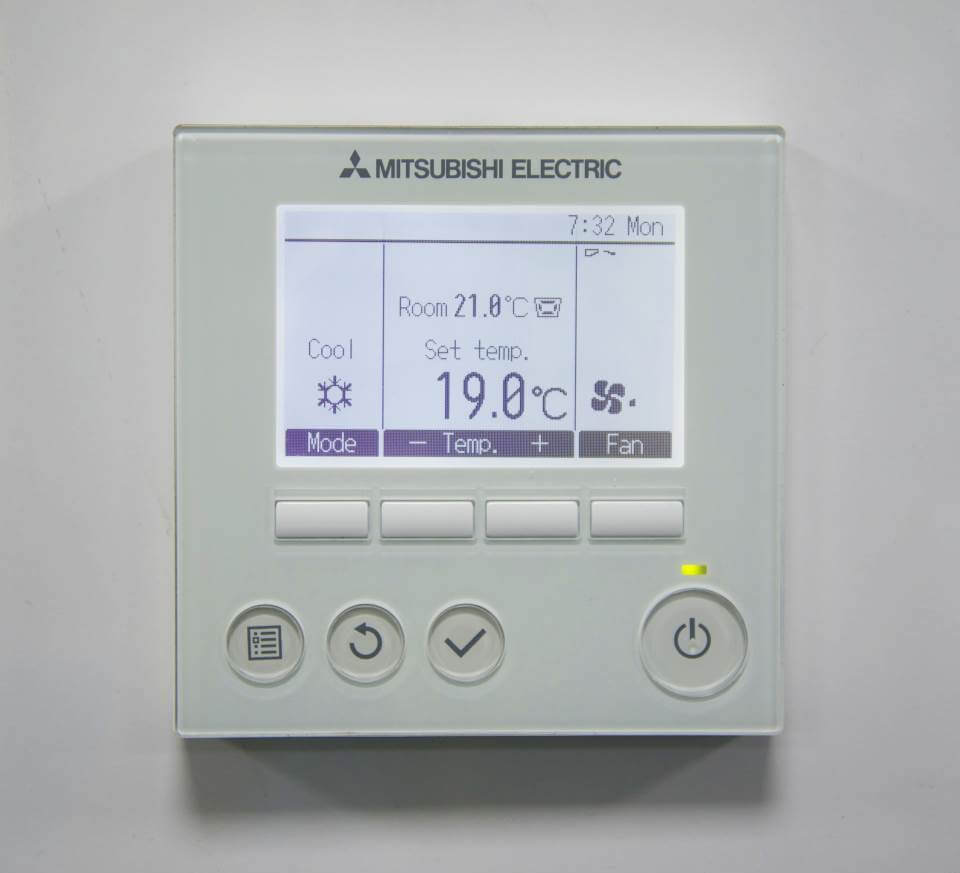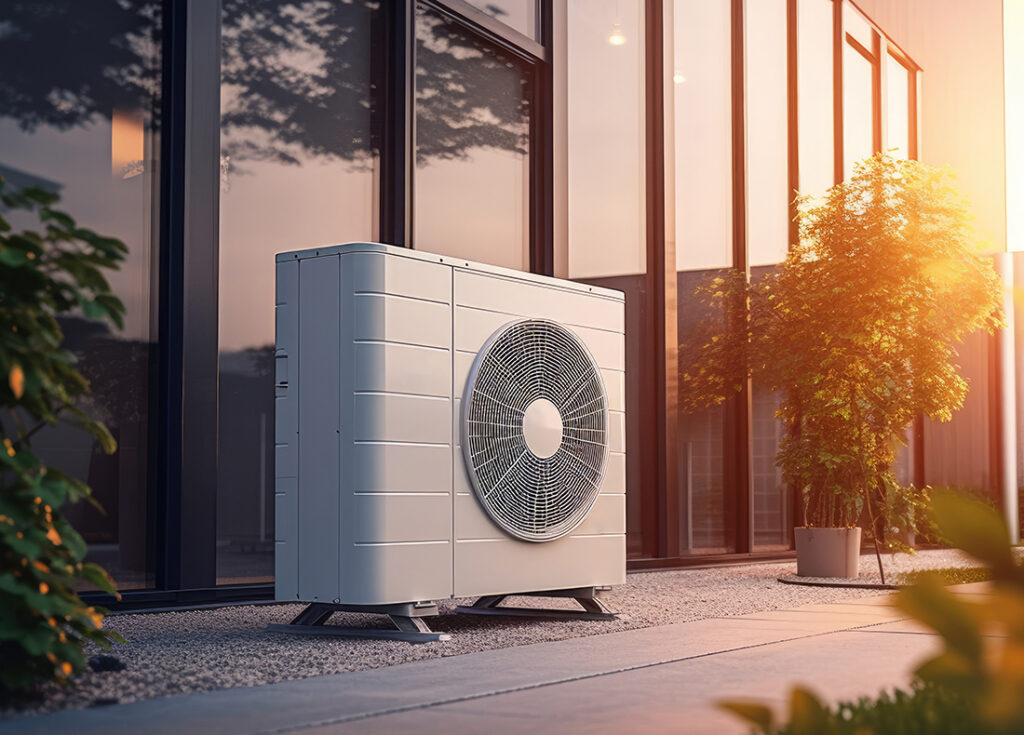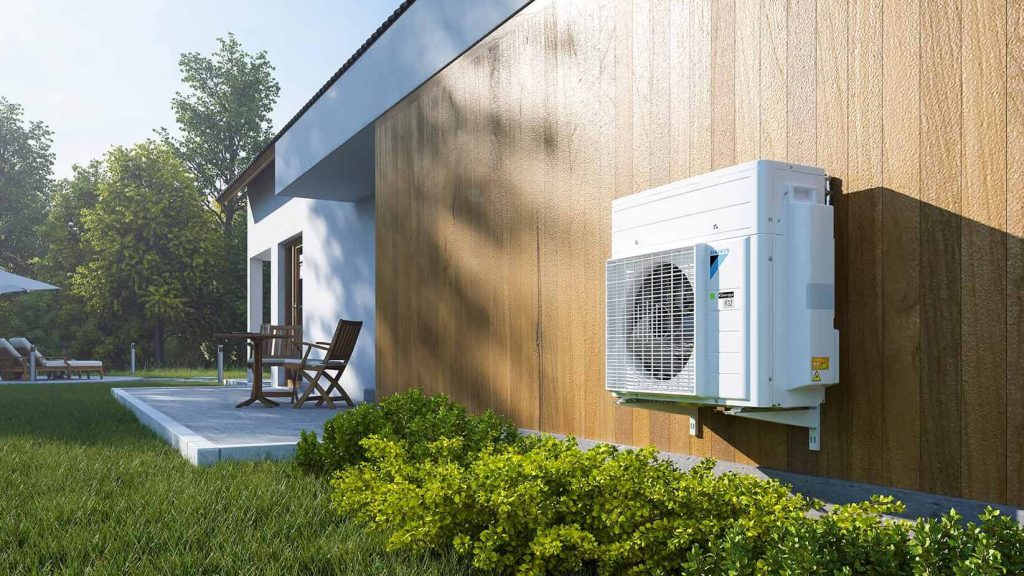Warning Signs That Your Kent or London Air Conditioning Needs Maintenance or Replacing

Estimated reading time 11 minutes
As the saying goes – nothing lasts forever. Your Kent or London air conditioning systems will have had high demands placed on them during the very hot spells we’ve experienced over the last few months. If your air conditioning isn’t being maintained, then things can start to go wrong. When your air conditioning system begins to have issues it’s a good sign that it either needs maintenance/repair or replacing.
Signs That Your Air Conditioning Needs Repair
In this article we’re looking at the warning signs that indicate that your air conditioning system needs maintenance/repair or replacing:
Air Conditioning Blowing Warm/Hot Air
Clearly during periods of hot weather you want your air conditioning to be blowing out cool/cold air. So when your AC system starts blowing out warm or hot air instead of cold air you know there is an issue.
There can be a number of reasons why your air conditioning isn’t keeping a room cool. The most likely reason is low refrigerant levels which is usually due to a leak within the system. In the case of old systems using R22, where R22 cannot be replaced then the system would need to be replaced.
Newer systems using newer refrigerants can be topped up by a qualified engineer.
Another reason may be due to a failed compressor or an issue with the evaporator coil. This can be caused when there is a build up of dust and dirt on the evaporator coil. The AC is unable to expel heat within the system and runs constantly to try to remove the heat which results in an increased temperature causing the compressor to overheat and ultimately breakdown.
Restricted Air Flow
Another sign that the air conditioning compressor may be failing is when the air flow from your AC vents is reduced.
Apart from the compressor there are a number of other reasons why your AC system has a reduced air flow. It can be something as simple as a closed or blocked vent. Dirty or blocked ducts can also lead to issues. An AC system should be entirely sealed with only the supply and return vents being open. Where there is damage to the ducting e.g. if they have holes or gaps in the connections between the ducting, leaks can arise. If your air conditioning system has leaks then the air pressure will drop and the resultant air flow through the ducts and out of the vents will decrease.
When there is a build up of dust, dirt and other debris in the filters this will also cause problems. The efficiency of the system will decrease and eventually grind to a halt, greatly reducing the amount of air that your system can move.
Different Temperatures
If you notice that a part of a room is hotter or colder than another area of the same room or if some rooms are at different temperatures when they’ve all been set to the same temperature then it’s a sign that either the air conditioning ducts are dirty or leaky or your air filters need a clean.
As detailed above in the “Restricted Air Flow” section, this can lead to a reduction in air flow and inconsistent temperatures across a room or areas within a building. It also forces your air conditioning to work harder as it tries to maintain the set temperature.
High Humidity Levels
In a previous article we discussed how air conditioning doesn’t just cool air – it is also dehumidifies the air. When an AC system stops removing moisture from the air then there is most likely a problem with the evaporator coils which, under normal circumstances, when an air conditioning unit is working correctly, condenses the water vapour in the air, removes and drains it via the condensate array or pan.
Leaks From Your Air Conditioning System
If there is moisture leaking from your air conditioning system this could be a sign of any number of problems. A leak could also be caused by a blockage in the condensate line or where an air filter is dirty. You may also notice the formation of ice inside your AC system on the refrigerant lines that run outside the condenser.
The most serious issue may be a refrigerant leak. Refrigerant leaks are dangerous from a safety perspective. You should never attempt to handle refrigerants – this should be left to professionals.
Grinding, Grating, Scraping, Clanking or Squealing Noises
Older AC systems do make more noise than newer, more modern units. However there are a number of different noises that may come from your air conditioning that you shouldn’t ignore, irrespective of how old your system is.
As with any piece of equipment when you hear strange noises coming from your AC it’s usually not a good sign. Some noises may indicate a minor problem; others may flag a more serious issue. Ignoring these noises could result in bigger issues, costly repairs or worse case scenario, the need for a replacement. Any noise out of the ordinary could be flagging a serious issue that requires immediate attention.
Different noises can mean different things e.g. a grinding noise may be coming from the air conditioning motor and may mean your motor bearings are broken. A squealing noise may indicate that the belt is slipping or it may mean that something inside the unit requires lubrication. Clanking or banging could mean there is a broken or loose part within the unit. Loose or broken elements could lead to more damage within the unit as they hit or damage other parts of the system. Screeching can be the result of a motor which needs lubrication.
When you hear these types of noises it’s time to call in the air conditioning professionals.
Strange Smells
When your air conditioning starts to smell “musty” it may be due to mould, mildew or a bacterial build up in the system. This can occur if the condensate drain becomes clogged and water starts to build up in the pan. This water can provide a breeding ground for mould and mildew which then gives off a musty smell.
If there is a rotten egg smell this can sometimes be the result of a pest issue or a dead animal in your system. During the colder months small animals and birds may take refuge in your air ducts where they can die and decompose which causes the smell within the system.
A burning smell can also happen if your fan motor or circuit board short out the wire insulation within the AC.
The Thermostat Isn’t Working
The thermostat is the control centre of your air conditioning system. It controls how the AC functions, what temperature it runs at and for how long. It is constantly working to maintain the right temperature, telling the AC how much cool air to generate and taking measurements to ensure that your air conditioning is doing its job.
When your thermostat stops working correctly it can prevent your air conditioning from turning on, your AC may only run for short periods of time (short cycling) before it turns itself off again, it may run almost nonstop or rooms may seem warmer or colder than the temperature they have been set at. This is usually a good sign that the thermostat is no longer functioning correctly and it may not be able to detect if the air conditioning system is working correctly or not so cannot control it as it should.
A faulty thermostat can be the result of an issue with the thermostat itself e.g. a build up of dirt or dust on the mechanical and electrical components, a blown fuse, loose wiring or an issue with the electrical components or it could be an indication that the air conditioning compressor may be failing causing an issue with keeping the temperature at the right level set by the thermostat.
Your Air Conditioning Is Developing Issues on a Regular Basis
Repairs should be your first step when you have the occasional issue with your AC. However if you are finding that the number of issues you are having to deal with is increasing on a regular basis then it may be time to consider a replacement rather than fork out for yet another repair.
If you’ve had your air conditioning system for a number of years and you are finding that it is suffering from an increasing number of issues, it is usually a very good sign that your AC is coming to the end of its lifespan. In this situation you should consider a replacement rather than a repair.
Age of Your Air Conditioning and R22
If you’ve had your AC for 16 years or more your system may be affected by the illegal refrigerant R22 which was commonly used in air conditioning systems prior to 2003.
R22, now known to cause damage to the ozone layer, was included in the 1987 Montreal Protocol (PDF) list of substances to be phased out of production. EC Ozone Regulation (No. 1005/2009) has made it illegal to use virgin, recycled and reclaimed R22 to maintain or repair air conditioning equipment since 1 January 2015. As a result the service, maintenance and recycling of R22 in any refrigeration and air conditioning system is prohibited and is now being classed as “not serviceable”.
If you decide it’s time to replace rather than repair there are a number of benefits to be gained by replacing your old AC system.
Benefits of Replacing Your Old Air Conditioning System
There are many benefits to replacing your old air conditioning system if your AC has come to the end of its usable life:
- As modern refrigerants have a lower impact on global warming and consume less energy your AC will be more environmentally friendly, improving your environmental credentials and carbon footprint. Also when you switch from R22 refrigerant you may also be eligible for tax relief under the Enhanced Capital Allowance (ECA) Scheme. Information on which systems are eligible can be found on the government’s Energy Technology Product List (ETL) page.
- There are long term savings to be made with a new AC system when old AC units can become unreliable and the number of breakdowns increase. Rather than multiple repairs a replacement will give you back consistency of service.
- A new system will also be far more energy efficient than an old AC unit. Old AC systems have to work harder using more energy to than they should, causing an increase in electricity bills. Today’s air conditioning is as much as 50% more energy efficient in terms of heating and cooling giving great cost savings.
- A new air conditioning system will be reliable and will work when you most need it to even during very hot periods where your air conditioning may have to work harder to keep you cool.
Synecore Are Experts in Air Conditioning
Synecore can provide expert advice with regards to repair, maintenance and replacement of office air conditioning, bar and restaurant air con, air conditioning in hotels and in leisure centre and gyms.
Synecore’s team of experts have industry specific knowledge and are able to carry out any job regardless of complexity or size. Talk to us about:
- Repairs and Planned Preventative Maintenance (PPM) which gives customers all year round peace of mind. Included in our PPM package is our 24/7 call out, compliancy with F-gas regulations and TM44 certification.
- Modifying existing systems to use new eco-friendly refrigerants.
- Replacing air conditioning systems.
We work with clients across Kent, London and the rest of the UK, supplying top of the range air conditioning brand names, including Daikin, Toshiba and Mitsubishi Electric to office developments, hotels, restaurants, leisure centres and gyms, retail and large commercial premises.
To discuss your air conditioning requirements and to find out how Synecore can help get in touch with our head office in Sittingbourne, Kent for more information. Call us 01795 509509, email us at sales@synecore.co.uk.



